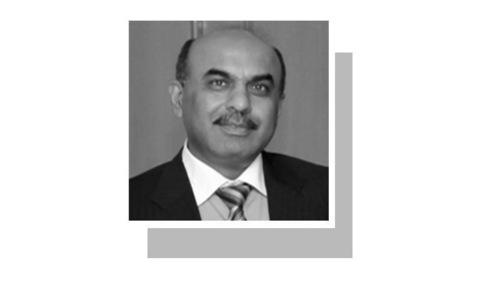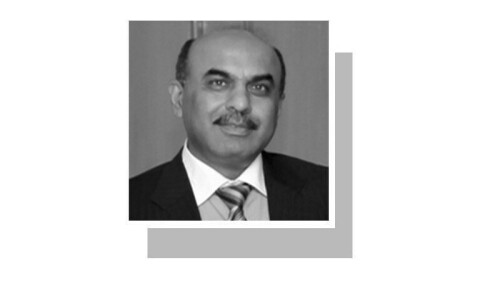“[IN matters of civilised behaviour] women have the same rights over men as men have over women” — Al Quran (2:228). The Arabs of the ‘age of ignorance’ often indulged in infanticide of girls. Even a woman in a marriage was not held as an equal companion who participated in the life and decision-making of her husband. She was merely an object of pleasure and the keeper of the man’s house. She was meant to carry out her husband’s commands.
Women had no right to property and no safeguards against ill-treatment by their husbands, fathers or other men folk within or outside the family.
If this description even today resembles the lives led by some men and our social mores it means that a part of society continues to live in the age of darkness. Islam has not touched their lives. There are many verses in the Quran as well as the sayings of the Holy Prophet (PBUH) and incidents in his personal life and conduct which raised the status of women and gave them many hitherto denied rights.
The first thing Islam did was to declare a genuine equality between the sexes, and no people or community has the right to make changes in the mutual relations ordered by the Almighty. In fact, it is not just a matter of right but also of decent behaviour. Men must learn to treat women with respect and consideration as well as with a sense of justice, both in economic and social relations.
Because women have been the ‘weaker’ sex throughout history, men have been specifically enjoined to see that they are given their due rights and treated fairly. In his final sermon, the Prophet said, “The best of men [before God] is one who deals with his family in the gentlest way possible,” and that “he is the best of believers who is courteous and treats his dependants gently.”
The Quran did not restrict itself to recommending gentle behaviour towards women but also gave specific instructions in matters of inheritance, marriage, divorce, etc. Besides laying down the share of women in inheritance the Quran says, “Men have their share in what they have earned and women have their share in what they have earned” (4:82). This means that women not only have the right over what they have earned but also the freedom to spend it.
The injunction further clarifies that women have the right to earn their living by their own efforts, which is a repudiation of the feudal and conservative mentality that developed later. There are many Quranic verses which specifically enjoin all people, men and women, to work and earn their living by the sweat of their brow. The word for such work is ‘fadl’, which means ‘God’s grace’.
Marriage under Islamic law is not that men and women must be irrevocably yoked together under all circumstances or that women should become an object of mere gratification for the man. Its real purpose is to bring two persons together for a good and decent relationship. This calls for love, a spirit of harmony and a proper discharge of obligations by both. When this higher purpose is lost, it can open the door for separation.
When divorce is unavoidable the Quran lays great stress on the man to be just to the woman who is being divorced. Their parting should not be in anger or spite. It should be a reluctant recognition of the fact that the two have failed to make a success of their marriage. The Quran says: “For divorced women maintenance should be provided on a reasonable basis. This is the duty of righteous men” (2:241). If the Islamic law is followed fully the wife should have the right to divorce and retain her financial benefits agreed to in the marriage contract.
The marriage contract is one of the most important agreements that a bride and a bridegroom agree on to solemnise their union in accordance with the Sharia. But do we treat this agreement with the respect it deserves? In Pakistan, the nikahnama is sometimes modified by maulvis and registrars without the knowledge of the marrying couple, and often with connivance of the groom’s family. The bride’s parents are given false promises and sometimes even subjected to emotional blackmail.
There are widespread reports that nikahnamas are modified and contentious portions deliberately removed to appease the boy’s family. Often the portions that safeguard the girl’s rights and privileges are crossed out with disdain. Even a highly educated bride is kept in the dark and is compelled to sign the document in the midst of din and confusion while she is covered in a ghungat and barely able to uncover her hand to sign this important document. The question of reading it before or after the signing seldom arises.
Such abuse of the nikahnama confronts many couples in Pakistan after they have entered into wedlock. Often, there are greater ramifications for the woman than the man. It is a serious religious and legal document which is given least importance by the families concerned. The issue deserves urgent attention to fulfil the dictates of the Sharia.
Assuming that the abuse of the nikahnama is done intentionally, it a criminal act for which the guardians on both sides and one solemnising the nikah should be held accountable under the relevant laws. There is a dire need to educate society about the meaning of nikah, the rights and privileges that go with it, and to have legal mechanisms that punish violations of the marriage law.












































